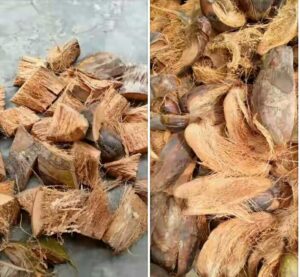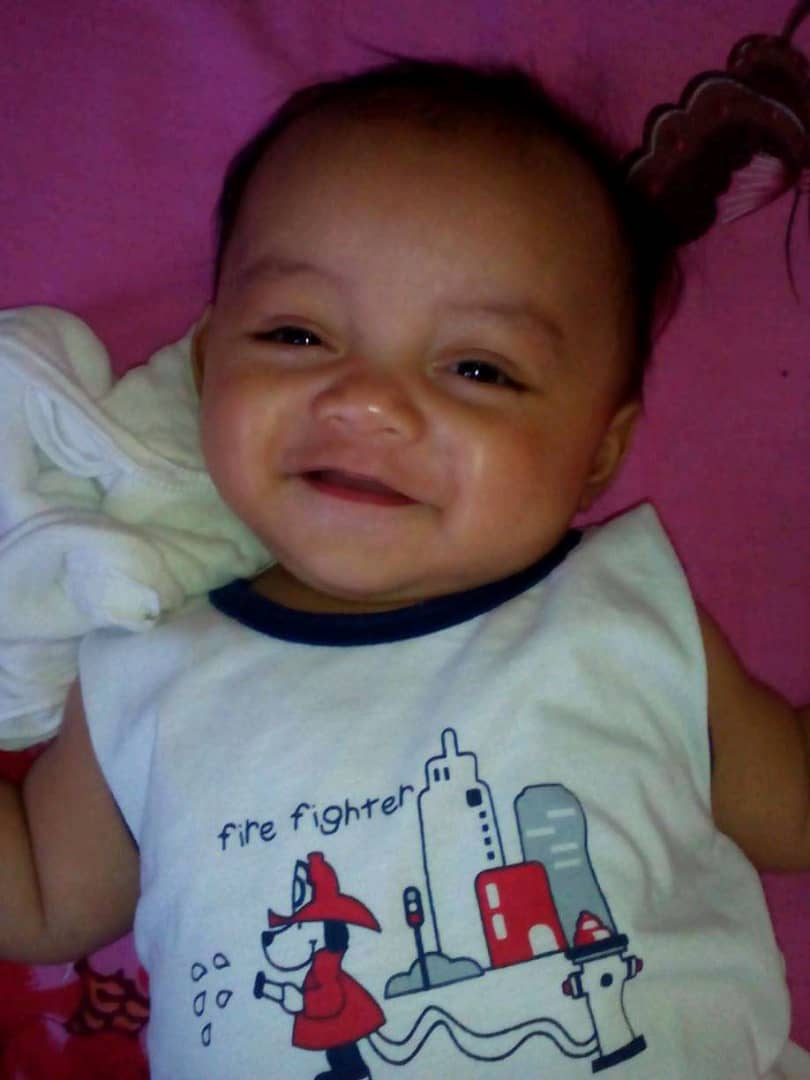Alefo in Babies: Causes, Symptoms, Treatment, Home Remedies
Impetigo is called ALEFO in Yoruba
What is alefo called in English: Impetigo
What Is Alefo/Impetigo?
It’s a very contagious infection of the skin, commonly in children, localized redness develops into small blister that gradually crust and erode. If your child gets red sores, especially around the nose and mouth, he could have impetigo. It’s a skin infection caused by a bacteria, and it spreads easily. It’s most common in babies and young children, but adults can get it too.

Symptoms of Alefo
Impetigo sores or sores from alefo can appear anywhere on the body, but children tend to get them on their face. Sometimes they show up on their arms or legs. The infected areas range from dime to quarter size. They start as tiny blisters that break and reveal moist, red skin. After a few days, it gets covered with a grainy, golden crust that gradually spreads at the edges.
In serious cases, the infection invades a deeper layer of skin and turns into a form of impetigo called ecthyma. When that happens, your child gets pus-filled bumps with a crust that’s much darker and thicker than ordinary impetigo.
Ecthyma can be very itchy. If your child scratches the irritated area, it can cause the infection to spread quickly. If you don’t get it treated, the sores may cause permanent scars and changes in skin color.
A rare complication of impetigo is a severe kidney disease and heart disease called post-streptococcal glomerulonephritis and rheumatic heart fever respectively. If not well treated will lead to both kidney and/heart failure. Other complications of Alefo are cellulitis and scaring (especially for impetigo that goes deeply).
Causes of Alefo in babies
The most common cause of alefo (impetigo) is bacteria called Staphylococcus aureus. Another bacteria source is group A streptococcus.
These bacteria lurk everywhere. The most common way for your child to get impetigo is when he has contact with someone who has the infection, such as playing contact sports like wrestling. It’s especially easy to pick it up if your kid has an open wound or a fresh scratch.
You can also contract alefo if you share the same clothes, bedding, towels, or other objects with someone with the infection. Your child is more likely to get impetigo if he has other skin problems, such as eczema, body lice, insect bites, or fungal infections. Overcrowding is also a huge risk factor for Alefo.
How to treat Alefo in Babies
According to Mayoclinic, Alefo (impetigo) typically is treated with an antibiotic ointment or cream that you apply directly to the sores. You may need to first soak the affected area in warm water or use wet compresses to help remove the scabs so the antibiotic can penetrate the skin.
If you have more than just a few impetigo sores, your doctor might recommend antibiotic drugs that can be taken by mouth. Be sure to finish the entire course of medication even if the sores are healed. This helps prevent the infection from recurring and makes antibiotic resistance less likely.
Home remedies for Alefo (impetigo) in babies
1. COCONUT HUSK
How to cure ALEFO in babies with coconut husks. Get some coconuts husks, cut it into pieces, pack it together in a pot, add 4-5 cups of water, cook for 20-30 minutes, then sneez the water from the pot after cooking, bath the baby with it and also give him a little to drink, do this for 3-4 days.

2. RED CALIPHA
Red calipha is known as Alefo leaf or Red Flower. This leaf and flower can cure both ELA and ALEFO in children. And it also control’s and reduce the level of high blood pressure and diabetes in the body.

Get a reasonable quantity of the leaf. Rinse it very well… For children/ baby, boil it for up to 30mins, pour it in a bowl to cool a little bit or Mixed it with ordinary water.
Use it to bath the child with any soap but our local black will aid it actions. Then towel the child and cream with Shea butter or kernel oil.
Give the child some of it to drink….Red calipha has been found to have antibacterial properties.
PS: There is a limit to agbo Alefo, if you suspect your baby has Alefo, take her or him to the hospital to see a doctor to avoid deadly complications
























Thanks for this information,it really helpful.
God bless